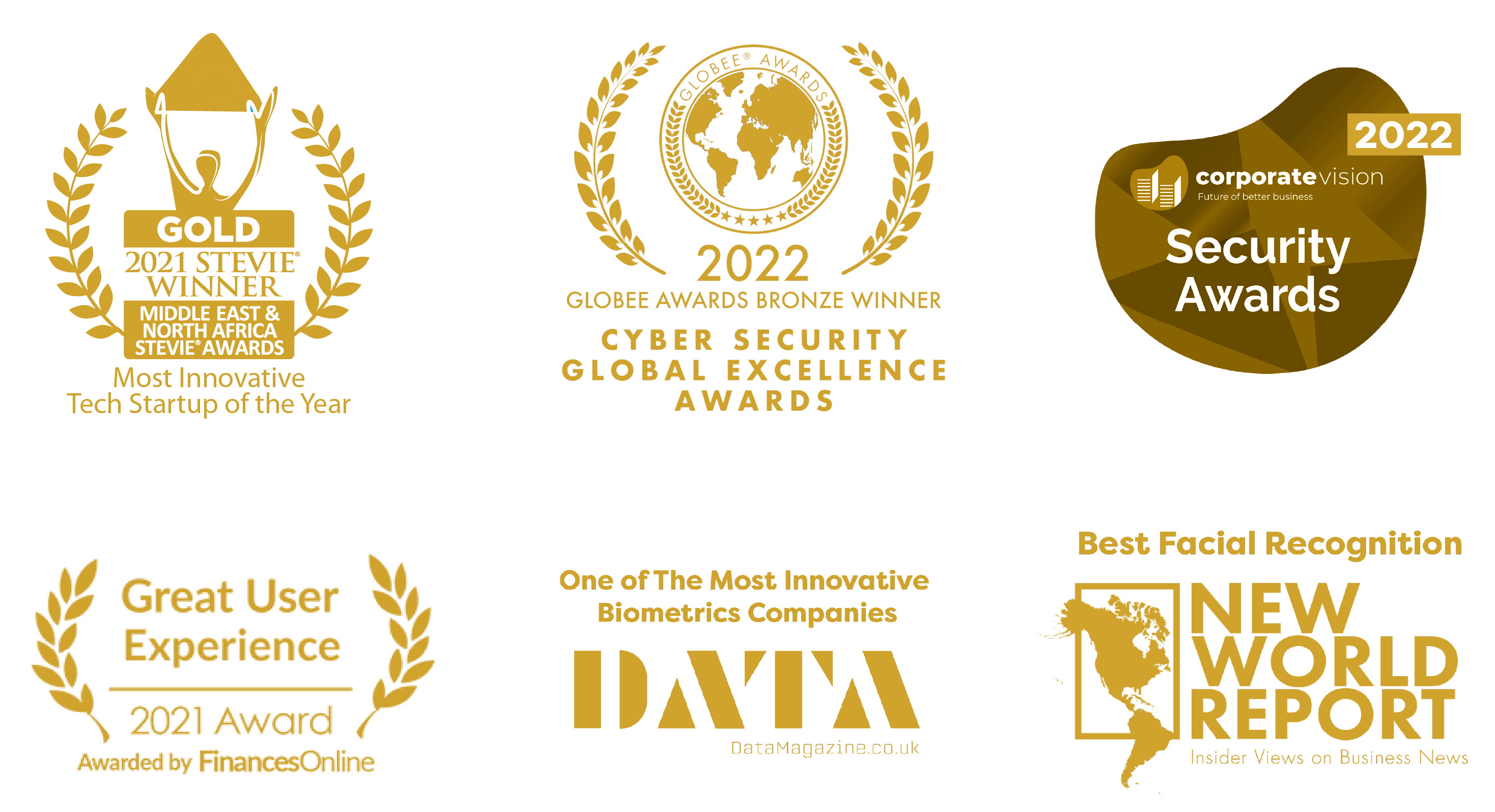In today’s digital age, traditional methods of identity verification, such as passwords and PINs, are no longer sufficient to ensure secure access to sensitive information and protect against identity fraud.
Biometric authentication has emerged as a powerful solution that leverages unique biological characteristics to verify and authenticate individuals. In this blog post, we will explore the role of biometric authentication in identity verification, its benefits, and its implications for security and user experience.
Understanding Biometric Authentication:
- Biometric authentication utilizes an individual’s unique physiological or behavioral traits, such as fingerprints, facial features, voice patterns, or iris scans, to verify their identity.
- Biometric data is highly distinctive and difficult to forge, providing a robust layer of security and reducing the risk of unauthorized access.
- Unlike passwords or PINs, biometric credentials cannot be easily forgotten, lost, or shared, enhancing the overall security of identity verification processes.
Enhanced Security and Fraud Prevention:
- Biometric authentication adds an extra layer of security by binding an individual’s physical characteristics to their identity.
- Biometric traits are inherently difficult to replicate, making it highly improbable for fraudsters to mimic or deceive the system.
- Multi-factor authentication, combining biometrics with other authentication factors, further strengthens security and mitigates the risk of unauthorized access.
Improved User Experience:
- Biometric authentication offers a seamless and user-friendly experience, eliminating the need for remembering complex passwords or carrying physical tokens.
- Users can quickly and conveniently authenticate themselves with a simple scan or touch, enhancing convenience and reducing friction in the authentication process.
- Biometric authentication is intuitive and accessible, accommodating users with varying levels of technical expertise.
Applications in Various Industries:
- Biometric authentication is being widely adopted across industries, including finance, healthcare, travel, and government sectors.
- In finance, biometrics can secure mobile banking apps, payment transactions, and prevent identity theft.
- In healthcare, biometric authentication can protect patient records and ensure accurate identification of individuals accessing sensitive medical information.
- Biometrics also play a crucial role in border control, airport security, and national identity management, improving efficiency and reducing fraud.
Biometric authentication offers a robust and user-friendly approach to identity verification. By leveraging unique biological traits, businesses and organizations can enhance security, reduce fraud, and provide a seamless user experience.
As technology continues to evolve, biometric authentication is becoming increasingly integrated into various industries, enabling secure access to sensitive information and protecting individuals’ identities. Embracing biometrics as part of identity verification strategies can significantly strengthen security measures and enhance user confidence in the digital realm.
Book a demo and get started with FACEKI today – click here for more info.


